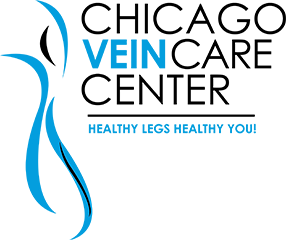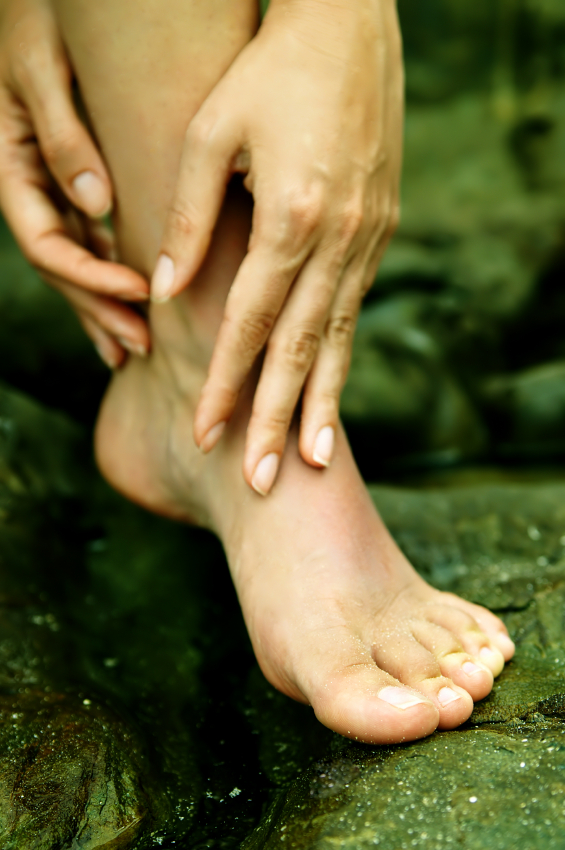If you have been recently diagnosed with vein disease or if you are interested in preventing vein disease, you probably have a lot of questions. Instead of surfing the Internet and spending countless hours and days sifting through unreliable sources, read all about it here as explained by one of the best vein doctors in Chicago.
Q: What do Chicago residents need to know about vein disease?
A: There are several types of vein disease but they are typically associated with poor circulation through the veins, especially in the lower extremities. The lower body in particular is affected by vein disease more so than other parts of the body because leg veins are constantly working hard against gravity to pump blood up to the heart. Additional strain from carrying excess body weight, smoking and sitting or standing too much can increase the risk for developing problem veins.
Q: What are the worst symptoms of vein disease?
A: Most of the time, vein disease symptoms are mild to moderate. However, if vein disease is left untreated for too long, more severe symptoms can occur. Advanced stages of vein disease can result in severe pain and discomfort, skin ulcerations that may crack and bleed, and risky blood clots. Complications from these symptoms and side effects may arise without adequate vein care in Chicago, which can include infection, mobilized blood clots (embolism) and disability and death.
Q: Which mild to moderate symptoms affect Chicago residents?
A: Sometimes vein disease is without outward symptoms at all, and frequently only spider and varicose veins may be noticeable. As vein disease progresses an affected individual may notice heavy or tired legs, throbbing sensations or achiness. The skin may become reddish, dry and swollen. Before resorting to vein removal in Chicago, vein experts often recommend compression, elevation and exercise to alleviate less-advanced symptoms while slowing the progression of the disease.
Q: When should a person with vein disease symptoms seek treatment?
A: Due to the progressive nature of vein disease, treatment should be scheduled as soon as possible in order to avoid bothersome symptoms and dangerous complications. People with a family history of vein disease, women who have been pregnant and anyone over age 50 are at an increased risk for developing vein disease. Most people can benefit from taking preventive action against developing vein disease, such as getting regular exercise, maintaining a healthy weight and avoiding sitting or standing for excessive lengths of time.
Q: What can a person do if he or she suspects vein disease?
A: If the symptoms of vein disease are bothering you or if you are at an increased risk for developing diseased veins, Dr. Ramon Castro is here to help you look and feel better. Dr. Castro is an expert in the realm of veins in Chicago who will be with you every step of the way back to wellness. Learn how to regain a more youthful vein look and feel as soon as possible with easy treatment options and advanced diagnostic services online at www.yourveinexpert.com. Alternatively, you can schedule an appointment right away by calling us at 773-283-7887. We look forward to helping you!

